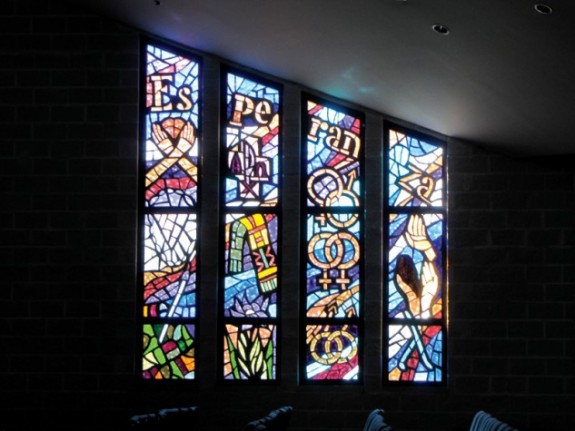A new study has found that while the number of religious conservatives is still greater than that of progressives, the religious left may have a better chance of maintaining its foothold with Americans over time.
“If you’re using a generational snapshot today as a proxy for the future, it is is safe to say that religious progressives hold a stronger appeal among Millennials,” said Robert Jones, CEO of Public Religion Research Institute, which surveyed 2,000 adults in partnership with the Brookings Institute.
While the Christian right makes up 28 percent of the population and garners more cultural attention — Jones found that there are 27,000 global monthly Google searches for “Christian Right” compared with just over 8,000 searches for “Christian left” — religious progressives are only 9 percentage points behind, with 19 percent of the population.
With each generation, the popularity of religious conservatism has declined. Forty-seven percent of the Silent Generation (ages 66 to 88) are religious conservatives, compared with 34 percent of Baby Boomers, 23 percent of Gen Xers and 17 percent of Millennials.
“What we see is not a one-to-one replacement of religious conservatives with religious progressives,” Jones explained. Instead, the ranks of religious conservatives over time are declining, while religious progressives maintain their share of the population. “But there’s also this growing number of non-religious Americans.” If the trends continue, religious progressives eventually will outnumber religious conservatives.
The findings echo research earlier this year that found the number of people who don’t consider themselves part of a religion has hit its highest point since pollsters began tracking religious affiliations in the 1930s.
Claude Fischer, a sociologist at University of California Berkley, told The Huffington Post when the findings were released in March that Americans’ move away from organized religion can in part be explained by politics.
“Increasingly, people identify and link organized religion with anti-gay attitudes, sexual conservatism, a whole range of those kinds of social cultural values,” Fischer said.
The new survey raises the question of whether a religious left stands a chance of causing its own political groundswell. Jones, with the Public Religion Research Institute, noted that other findings in the survey show there would be considerable hurdles to such a movement.












